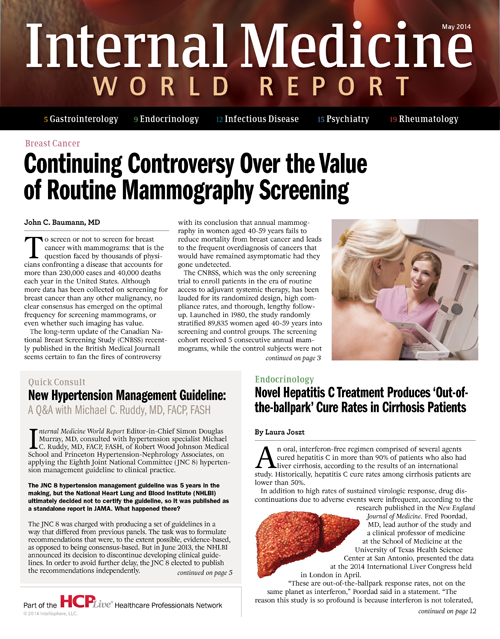Calcium Plus Vitamin D Supplementation Does Not Prevent Hip Fracture in Postmenopausal Women
Although the primary outcomes of the US National Institutes of Health Women's Health Initiative trial suggested daily calcium plus vitamin D supplementation significantly reduced hip fracture in postmenopausal women, a follow-up investigation found no difference in hip fracture incidence between the study's supplement and placebo groups nearly 5 years after the intervention phase ended.

Although the primary outcomes of the US National Institutes of Health (NIH) Women’s Health Initiative (WHI) trial suggested daily calcium plus vitamin D supplementation significantly reduced hip fracture in postmenopausal women, a follow-up investigation found no difference in hip fracture incidence between the study’s supplement and placebo groups nearly 5 years after the intervention phase ended.
For their post-hoc analysis published in the Journal of Women’s Health, Jane A. Cauley, DrPH, Professor and Vice Chair for Research in the Department of Etiology at the University of Pittsburgh Graduate School of Public Health, and her colleagues monitored 29,862 surviving participants of the WHI calcium plus vitamin D trial who were randomly assigned to receive either 1,000 mg/day of calcium carbonate alongside 400 IU/day of vitamin D3 or daily placebo tablets.
During the trial’s original 7-year active intervention period, women who adhered to the combined supplementation “had a statistically significant 23% reduction in hip fracture risk and experienced greater benefits than risks,” the authors observed. But in the 4.5-year post-intervention stage, the investigators found the rate of hip fractures was comparable between the 2 randomized participant groups, and after reviewing the entire 11-year follow-up period, they concluded longer-term use of the supplements had no effect on the incidence of hip fractures — a result that did not differ by age or total baseline vitamin D and calcium intake.
“Overall, a decreased risk of hip fracture was observed only among women adherent during the intervention … (but) after an average of 11 years, calcium and vitamin D supplementation did not decrease hip fracture,” Cauley and her co-authors wrote.
However, the researchers did discover “vertebral fracture risk was about 20% lower in the supplement group, at least for women age(d) >60” years over the course of their follow-up assessment — a finding they deemed important because “vertebral fractures are the most common osteoporotic fracture, occurring in an estimated 30—50% of individuals age(d) 50 (years) and older.”
“Vertebral fractures are major risk factors for future fractures, including hip fractures, (and) they also are associated with significant morbidity and mortality,” the authors explained. “Thus, our results suggest that calcium plus vitamin D supplementation could reduce the burden of vertebral fractures over the long term, although more research is needed before this conclusion can be applied to clinical practice.”
In addition to their findings on fracture risk, Cauley and her colleagues determined the combined supplementation did not decrease the rates of colorectal cancer, invasive breast cancer, cardiovascular disease (CVD), or all-cause mortality in postmenopausal women.
